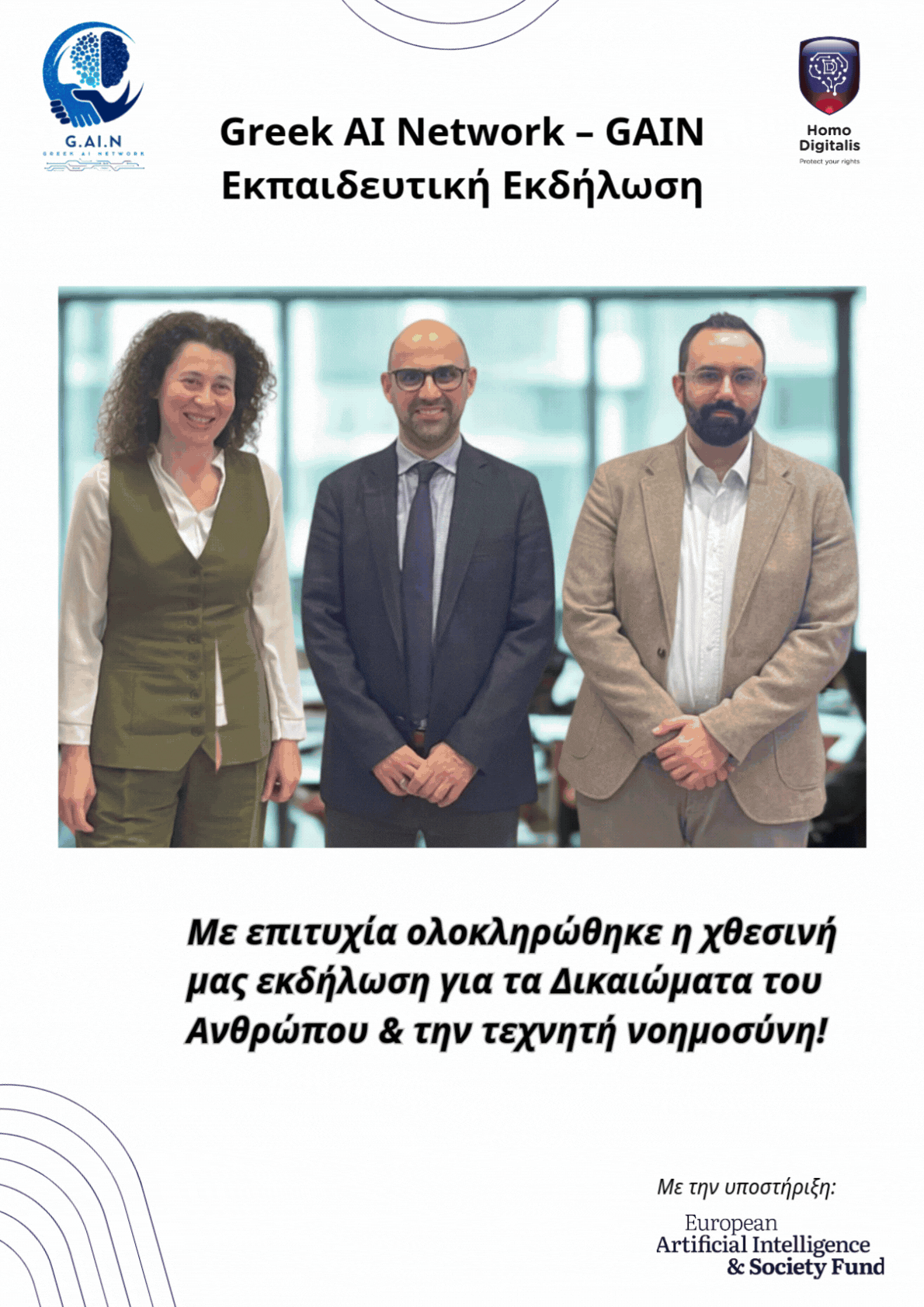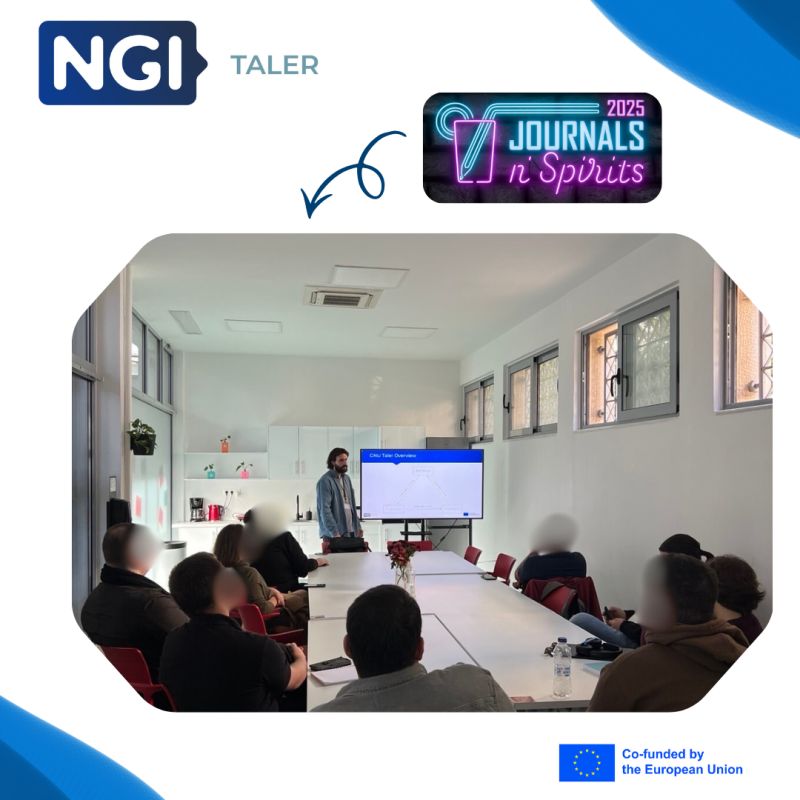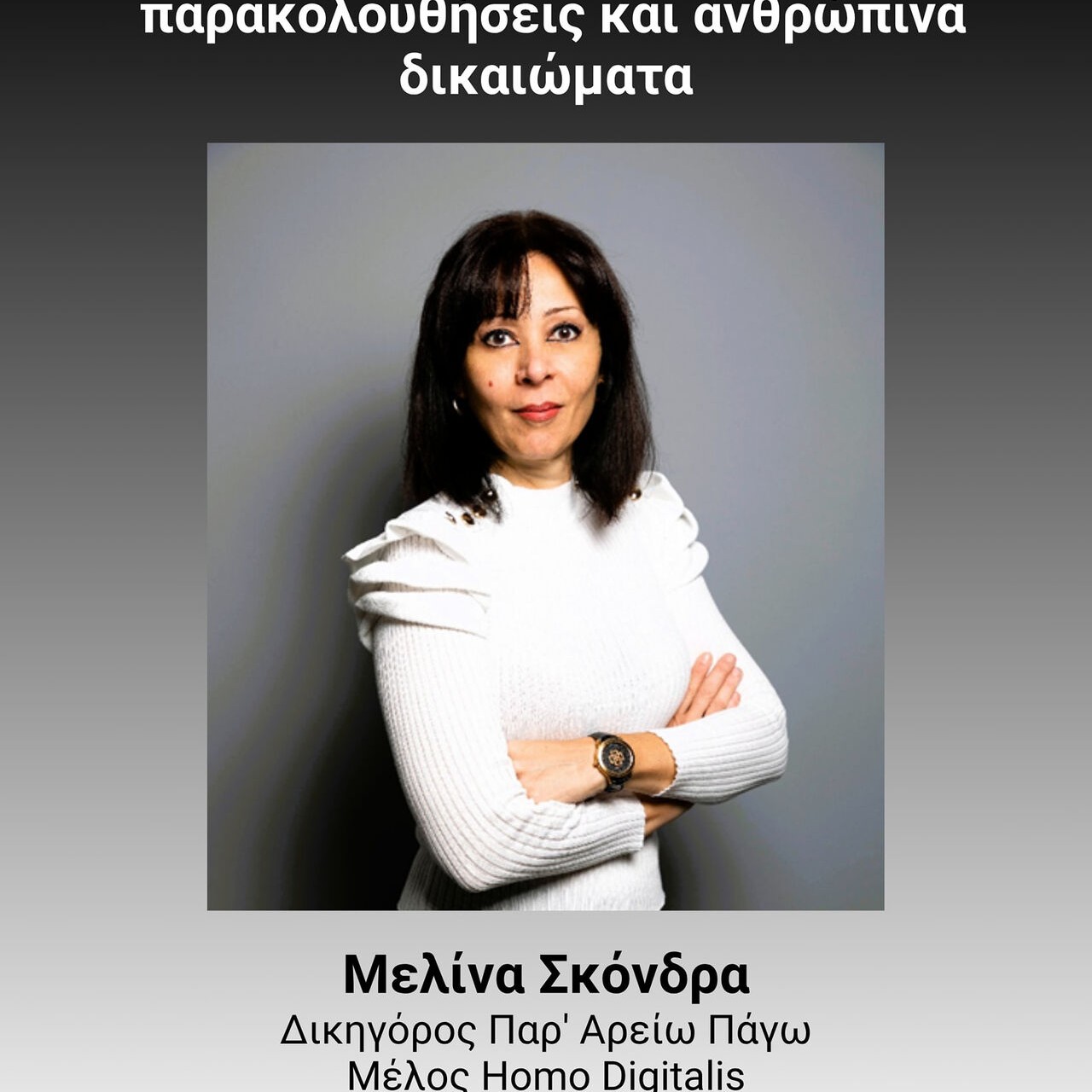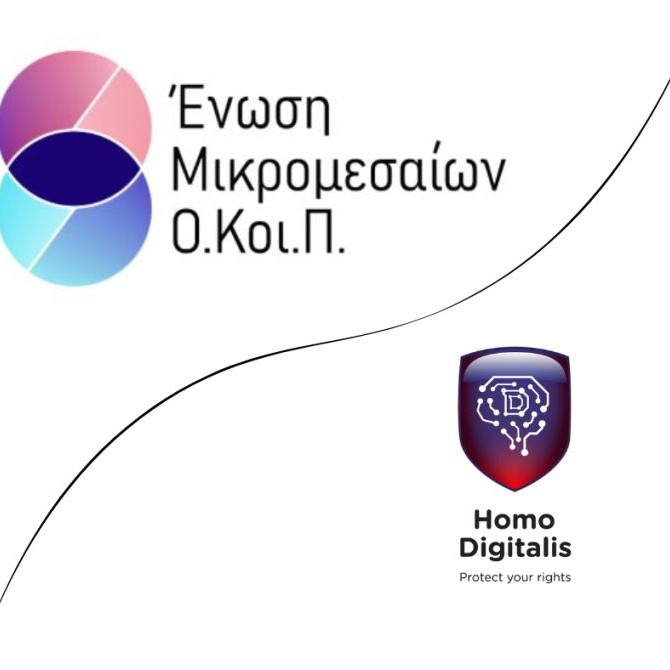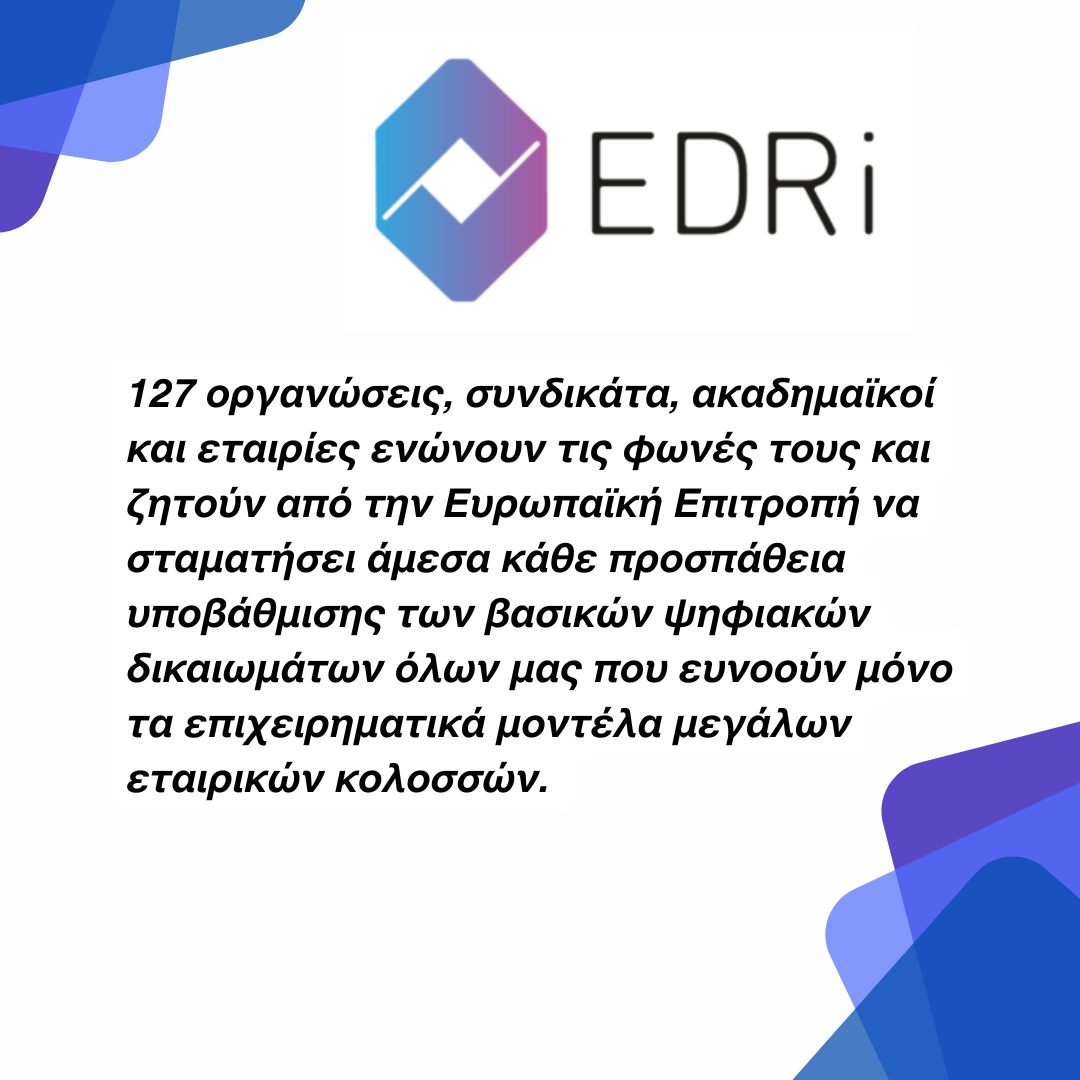On Tuesday 4 February, a Press Conference on the current state of the Rule of Law in Greece was successfully held at the Athens Bar Association with a significant turnout. The event was organised by the independent organisations Greek Council for Refugees (GCR), Hellenic League for Human Rights (HLHR), HIAS Greece, Homo Digitalis, Refugee Support Aegean (RSA), Reporters United, Solomon, and Vouliwatch.
You can watch the Press Conference here.
We warmly thank omniatv for organising and hosting the event.
The event was moderated by journalist Natasa Giamali. Representatives of the collaborating organisations presented the main points of the joint report submitted for the third consecutive year to the European Commission on the Rule of Law in Greece in 2024. This submission is part of the Commission’s annual review of national systems.
The speakers emphasised the key systemic issues undermining the Rule of Law in Greece. These issues, coupled with the growing authoritarianism in politics and attacks on human rights, cast a dark shadow over democracy, posing significant threats.
The urgency of the organisations’ call to the European Commission was also highlighted, pressing a shift in its approach and the need to focus not on the state’s “commitments” or “intentions” but on the accurate depiction of the situation in the country. Systematic violations of the fundamental principles of the Rule of Law must not be treated as isolated incidents.
Alexandros Mantzoutsos, Counselor and former Vice President of the Athens Bar Association, delivered a brief greeting.
Key presentations of the report
Stefanos Loukopoulos, Director of Vouliwatch:
“When the State itself undermines principles, procedures, and institutional counterweights through authoritarianism, impunity, and legal inconsistency, it fuels citizens’ distrust in institutions and leads, with mathematical certainty, to societal authoritarianism, with incalculable consequences for the future of Democracy.”
Minos Mouzourakis, lawyer at Refugee Support Aegean (RSA):
“There is a common thread connecting the Tempi train crash, the Pylos shipwreck, the wiretapping of politicians and journalists, the violent disappearances of refugees in Evros and the Aegean, and police brutality: the inability of the Greek justice system to fulfil its duty to attribute responsibility for arbitrariness and criminal offences perpetrated by the state.”
Additional statements from representatives of the other organisations
Alexandros Konstantinou, Lawyer, Greek Council for Refugees (GCR):
“Recently, the European Court of Human Rights found for the first time the ineffectiveness of the Greek criminal justice system in investigating pushback cases (A.R.E. v. Greece, Judgment of 7 January 2025). These cases, involving unlawful actions by state authorities, strike at the core of the Rule of Law. This finding by the Court comes at a time when issues of accountability and justice are central to public discourse and should seriously concern all relevant state bodies, including the Greek Judiciary.”
Elli Kriona-Saranti, Lawyer, HIAS Greece:
“The trend of abusive criminalisation of migrants, human rights defenders and lawyers as smugglers persists, despite continued objections from national, international and European human rights bodies.”
Thodoris Chondrogiannos, Journalist, Reporters United:
“The wiretapping scandal highlights the systemic flaws in the Rule of Law amidst systematic violations of the constitutionally guaranteed confidentiality of communications: Government attacks against the President of ADAE, judicial harassment of its members, the violation of the enhanced majority requirement of the Conference of Presidents of Parliament (⅗) for replacing ADAE members and preventing sanctions against the National Intelligence Service (EYP), the obstruction of investigating the joint EYP-Predator center, and the ‘legalisation’ of surveillance against ministers, politicians, journalists, and military officials, the violation of the obligation of EYP to immediately inform ADAE, and lawsuits against journalists.”
Danai Maragoudaki, Journalist, Solomon:
“The excessive concentration of major media outlets in the hands of a few powerful business-people, the interdependence of the media, the state, and the banks, and the inability of regulatory authorities to ensure the necessary level of transparency create a suffocating operating environment that undermines not only pluralism but democracy as a whole in the country.”
Katerina Pournara, Lawyer, Vice President of the Hellenic League for Human Rights (HLHR):
“In a period when trust in democratic institutions is shaken by incidents such as the Tempi train crash and the Pylos shipwreck, unreasonable and unlawful police violence not only threatens individual freedoms but also undermines democracy, fostering the authoritarianism of state institutions.”
Lamprini Gyftokosta, Director of Human Rights & Artificial Intelligence, Homo Digitalis:
“The protection of personal data is a fundamental right and a critical issue for democracy and transparency in our country. The fines imposed by the Data Protection Authority, amounting to €775,000 on three Ministries in 2024 alone, highlight the non-compliance of state bodies with existing legislation, undermining the Rule of Law and deepening citizens’ mistrust in institutions.”
| EXECUTIVE SUMMARY |
| FULL REPORT |

